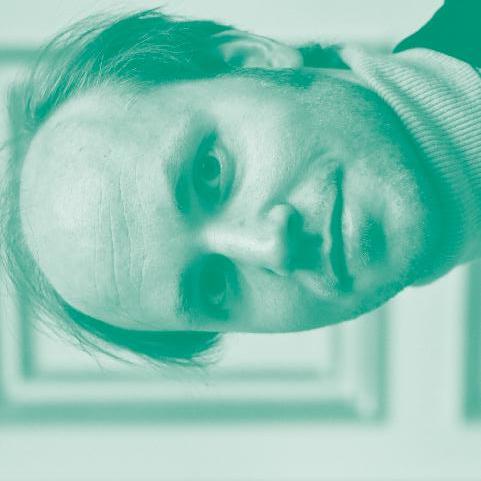
4 minute read
New members 2021 2026
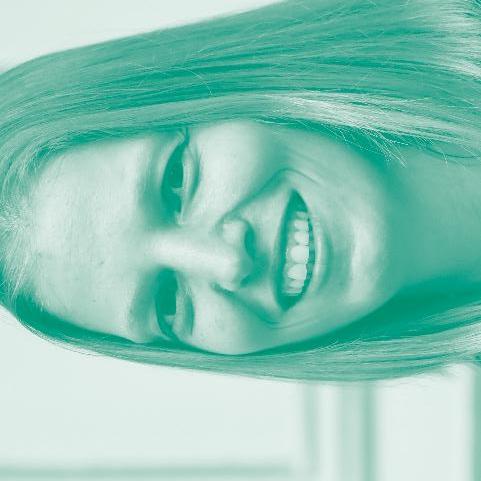
NEW MEMBERS OF THE YOUNG ACADEMY
Advertisement
1 APRIL 2021 - 31 MARCH 2026
Kim De Veirman (VUB) is a bio medic who studies new, personalized treatments for patients with haematological cancers. Using nano bodies—tiny proteins that are present in the blood of camelids—and immunotherapy (including CAR-T-cell therapy) she attempts to combat residual cancer cells. Her focus is on translational cancer research with the aim of improving both diagnosis and treatment of haematological cancers.
Kurt Bertels (KU Leuven - LUCA School of Arts Campus Lemmens) is a saxophone player. Through his research he recon structs the nineteenth- and earlytwentieth century saxophone practice. For this informed performance practice, he makes use of historical instruments, sound recordings, manuscripts, and instrument methods. Within saxology, his research opens up new perspectives for the saxophone practice, for the—Belgian—history, and for the role of com missioned works in saxophone culture.
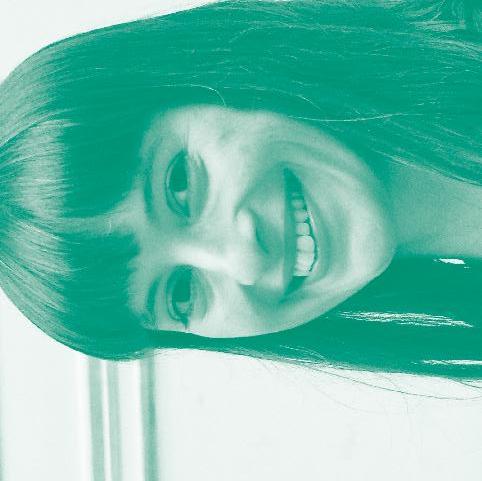
(VUB) studies, from
Lara Pivodic
an international perspective, how health care and social policies around care may contribute to a good-quality final stage of life and a good death for the elderly. Using research methods from both med ical and social sciences she studies the final years and months in the life of elderly people in various countries, evaluating the effects of palliative care programmes on patients, loved ones, and caregivers. Loes Meeussen (KU Leuven & Thomas More) studies socio-psychological processes of inequality: on the one hand, inequality in the roles of men and women in work and family life, on the other hand, inequality in culturally diverse organizations and schools. How do people deal with the existing stereotypes about their group? And what characterizes inclusive contexts in which everyone can function optimally?
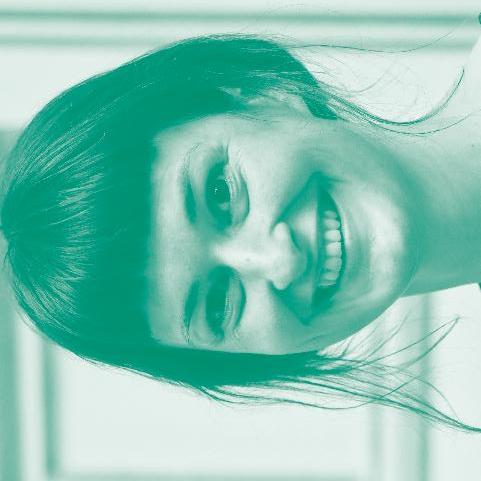
Christina Stuhlberger (LUCA School of Arts, KU Leuven) is a documentary filmmaker with a particular interest in the poetry of exchange in cinema. She studies the documentary interview as a cinematic strategy for negotiating equality and expressing ethical considerations.
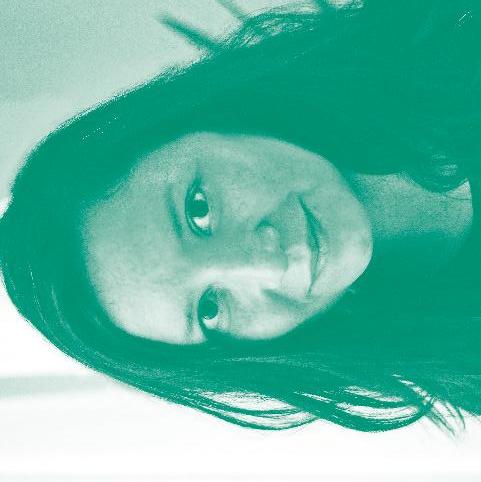
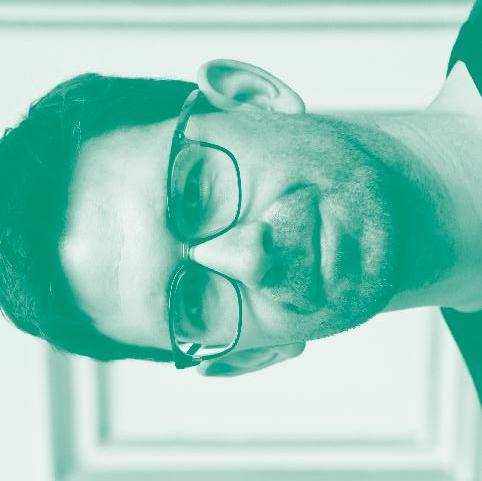
(UHasselt) studies the impor -
Chris Burtin
tance of fitness and motion behaviour in patients suffering from serious lung diseases, such as COPD and lung cancer. He looks into what remedial interventions may lead to the most optimal improvement in life quality, relieve of symptoms, and decrease of morbidity in these patients in both the short and long term.
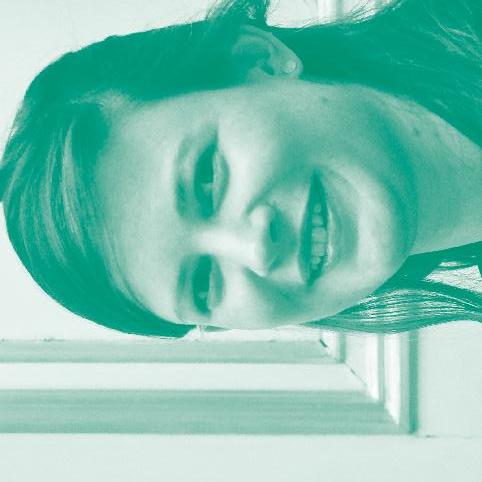
Sandra Van Puyvelde (UAntwerpen and University of Cambridge) does research into the evolution of bacteria, more specifically the pathogens Salmonella and Escherichia coli. She studies both the effect of evolution on the type
of infections caused by these bacteria, how they
spread, and how they become resistant to anti - biotics. She does so by combining methods from bio informatics and molecular microbiology.
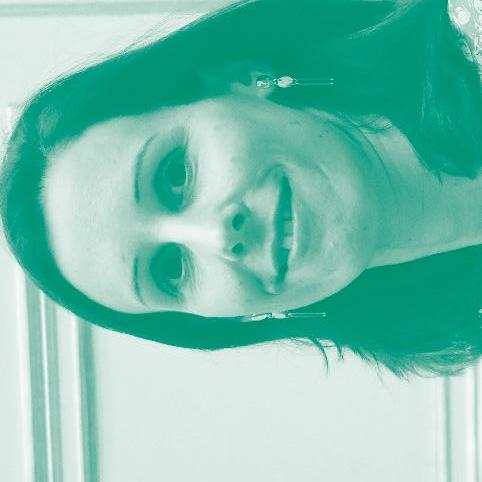
(KU Leuven) studies the
Céline Gillebert
neuro-psychological effects of non-congenital brain damage. It can not only lead to partial paralysis or loss of sight but also to changes in cognition, behaviour, and personality. In order to better understand these disorders and mini mize their impact on the patients’ daily lives, she and her team are developing advanced measuring tools and rehabilitation protocols. Lieke van Deinsen (KU Leuven) studies the pub lic image of scholars and writers from an inter - disciplinary perspective. She specifically looks at the struggle of early modern female intellectuals to meet the—predominantly male—idealtypical image of scholarship. Analysing their visual and textual portraits, it becomes apparent how these women introduced alternative role models. Her research makes a historical contribution to the topical debate on diversity.
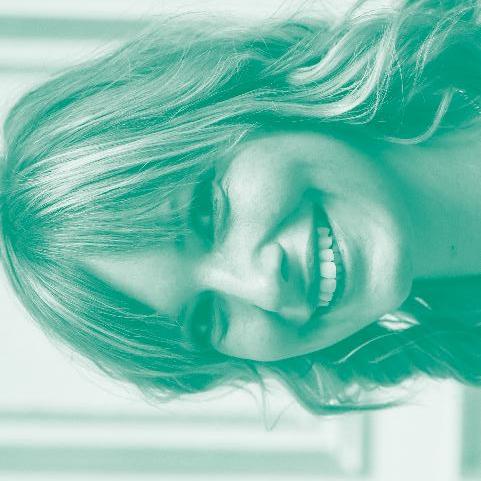
(VUB) is a research professor in geo-archaeology. She specializes in the microscopic study of early mediaeval cities in the Low Countries and Viking cities in Scandinavia. In addition, she contributes to public archaeology in, for example, the magazine Ex situ and advocates equal opportunities in the fields of archaeology and academia.
Barbora Wouters
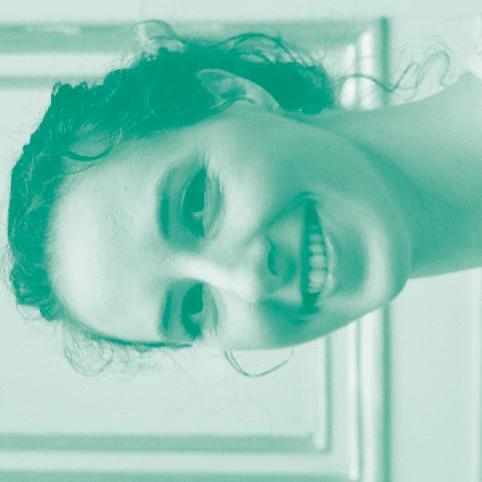
Orhan Agirdag, Frederik Anseel, Nicolas Baeyens, Ann Bessemans, Camilla Bork, Rose Bruffaerts, Didier Caluwaerts, Elke Cloots, Sophie de Buyl, Katelijne De Corte, Lars De Laet, Jozefien De Leersnyder, Dave De ruysscher, Bert De Smedt, Frederik De Wilde, Ugo Dehaes, Tine Destrooper, Heleen Dewitte, Marjan Doom, Lendert Gelens, Vincent Ginis, Joke Goris, Lynda Grine, Kristien Hens, Lodewijk Heylen, Athar Jaber, Lies Lahousse, Damya Laoui, Steven Latré, Silvana Mandolessi, Caroline Masquillier, Frank Merkx, Kris Myny, Michelle Plusquin, Magaly Rodríguez García, Amr Ryad, Arne Smeets, Kevin Smets, Evelien Smits, Bram Spruyt, Kevin Trappeniers, Alexander van Nuijs, Birgit Van Puymbroeck, Beatrijs Vanacker, Laura Vandenbosch, Roosmarijn Vandenbroucke, Joris Vandendriessche, Christophe Vandeviver, Karel Vanhaesebrouck, Sofie Verbrugge, Sammy Verbruggen, Bert Vercnocke, Sarah Verhulst, Bart Vermang, Lien Verpoest, Bram Verschuere, Katrien Verveckken, Sylvia Wenmackers, Nele Witters, Nele Wynants








